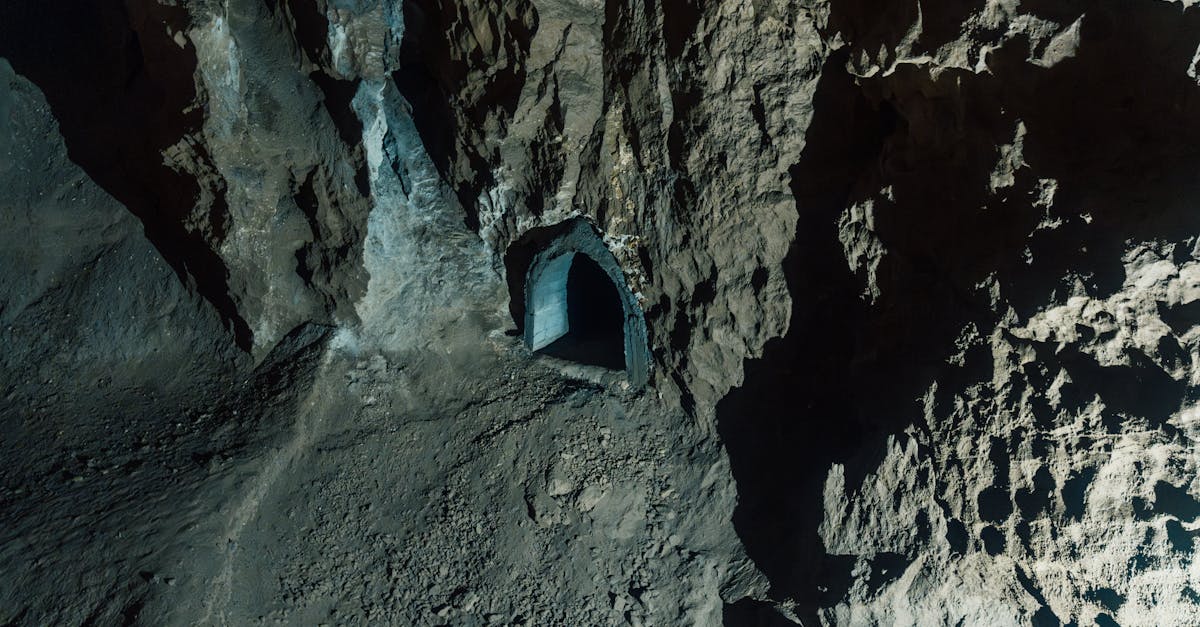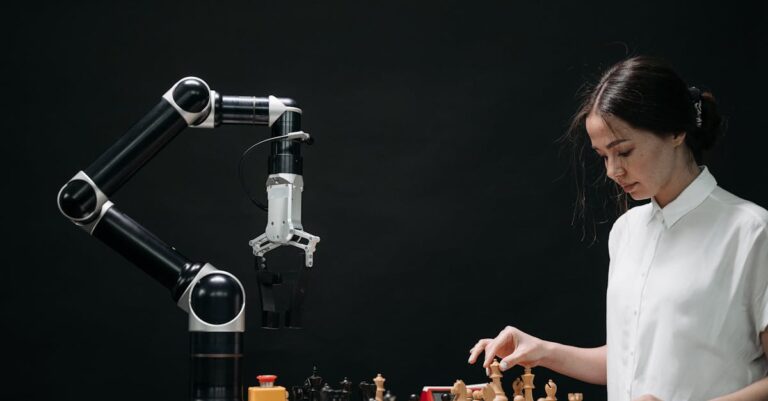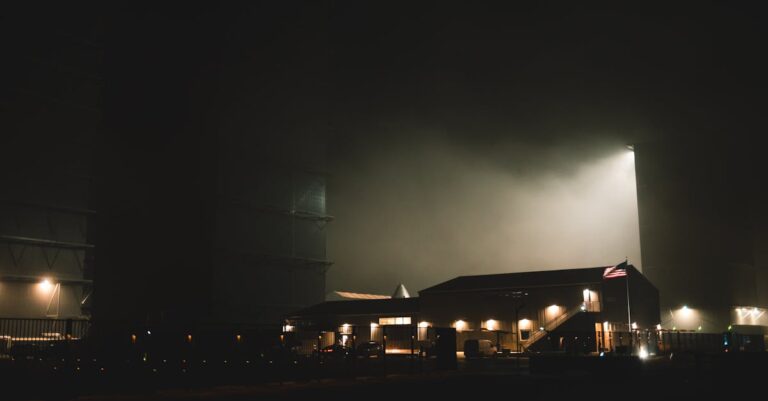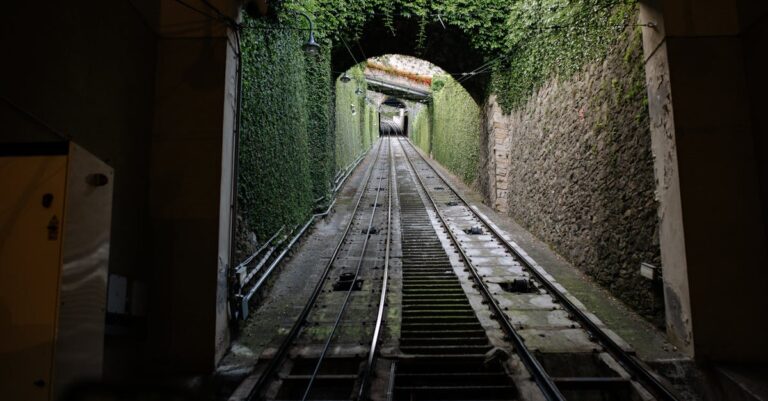
## The Obsidian Bloom
The tremor started low, a growl beneath the cobblestones. Then it surged, throwing me against the mosaic floor of our atrium. Marble rained down, shattering against the peristyle. My mother screamed, pulling my younger brother, Titus, behind her like a shield. Dust choked the air, thick as fog.
Pompeii dissolved into chaos. People shrieked, scrambling over fallen statues and broken furniture. The ground buckled beneath my feet. I saw old Manius, the baker, swallowed whole by a fissure that opened in his doorway.
“Lucius, grab Titus!” My mother’s voice cracked with panic.
I hauled myself to my feet, grabbing Titus’ arm hard. The sky pulsed orange, visible through gaps in the collapsing roof. Vesuvius roared, an inhuman bellow that stole my breath. We had to move. Now.
The escape route wasn’t the street, overrun with terrified citizens and crumbling buildings. It was down. Deep down. My father had always muttered about it, a ridiculous project of the late Emperor Vesonius – a geotraverse. An underground passage intended to bypass troublesome mountain passes, connecting Pompeii directly to Ostia. Vesonius died before it was completed, labeled a fool by the Senate, and officially sealed. My father, however, secretly held Vesonius’ incomplete schematics – a hobby born from an engineering ancestor who’s blueprints he found in the family archives.
“The passage,” I rasped, pulling Titus behind me as we fought past a group of soldiers abandoning their posts. “Father said it was beneath the Forum baths.”
The entrance was barely visible, a fissure hidden behind toppled columns and a cascade of debris. A hastily carved inscription on the rock face, barely legible: *Vesoniam’st Port*.
I pried at the rock with a broken piece of marble. It shifted, revealing an opening just wide enough to squeeze through. The air that rushed out was cool and damp, smelling of earth and something…else. Something vaguely floral but subtly unsettling.
“Are you certain about this, Lucius?” My mother’s voice trembled as she peered into the gloom.
“It’s our only chance,” I replied, pulling her and Titus forward.
The passage sloped downwards, the rough-hewn rock walls closing in around us. Torchlight revealed a network of tunnels, far more extensive than my father’s diagrams suggested. But these weren’t the crude excavations of Vesonius’ failed project. These were…polished, almost purposefully constructed.
We walked for what felt like hours, the silence broken only by the drip of water and our ragged breaths. Then we reached it—a cavern vast enough to swallow a temple, lit by an unnatural phosphorescence emanating from glowing moss clinging to the walls.
“By Jupiter…” My mother breathed, her hand pressed against Titus’ arm, equally terrified and mesmerized.
Cultivated rows stretched into the distance – not of wheat or olives, but of plants unlike anything I’d ever seen. Their leaves were a deep obsidian black, glistening with an oily sheen. Strange, angular blossoms pulsed softly, releasing a fragrance both intoxicating and faintly nauseating.
“What *are* these?”
I picked a leaf tentatively, the texture surprisingly soft. “Father called them ‘Nocturne Bloom’.”
“He said they grew only in the deepest corners of the earth.” My mother’s voice was a whisper.
The farms spanned an impossible distance, crisscrossed by perfectly level pathways illuminated with the same phosphorescent moss. But it wasn’t just these farms. We found chambers filled with humming machinery made from dark metals, and perfectly preserved irrigation systems that flowed with clear water.
“These aren’t Vesonius’ tunnels,” I said, turning a heavy cog in one of the machines. “This is…older.”
A flicker of movement ahead. We froze, drawing back into the shadows. A figure emerged from behind a row of Nocturne Bloom—a man in worn leather armor, holding a staff topped with another pulsating blossom. He wasn’t Roman. His face was sharp-angled, his dark hair braided with silver beads.
“Intruders,” he stated, his voice a low rumble. “You trespass upon the Gardens of Morvus.”
“Gardens?” My mother asked, her voice tentative. “What are you doing here? Who is Morvus?”
The man’s gaze swept over us, assessing. “Morvus protects the bloom,” he replied curtly.
“We’s fleeing Pompeii,” I said, gesturing to the collapsing city in the distance. “The eruption…”
He nodded slowly. “Vesuvius shifts, but Morvus endures.”
The gardens weren’t a forgotten project. They were thriving, maintained by a society hidden beneath Pompeii for centuries.
Days bled into weeks. We were given shelter, food – strange, savory concoctions made from the Nocturne Bloom and other subterranean fungi. The Morvians, as they called themselves, were a secretive people, their customs and language unfamiliar.
“We discovered this place centuries ago,” one of the Morvians, a woman named Lyra, explained. “A gift from the earth.”
The bloom wasn’s just food; it was medicine, fuel, and something more—a source of a subtle energy that seemed to permeate the gardens.
“The bloom sustains us,” Lyra said, her dark eyes gleaming in the phosphorescent light. “It connects us to something…greater.”
But our sanctuary came with a disturbing revelation. Lyra revealed ancient records, detailing the origins of the Morvians and their long-held secret.
“We are descendants of the Solarians,” she stated, her voice low and solemn. “A people exiled from the East centuries ago.”
The Solarians, it seemed, had been a powerful civilization, masters of earth-based magic. They’d sought refuge beneath the Roman Empire, establishing a self-sustaining society fueled by the Nocturne Bloom.
The records spoke of something far more unsettling—a network of similar subterranean settlements scattered across the empire, all linked by these hidden tunnels.
“These gardens aren’t just feeding us,” I said, tracing a line on one of the ancient scrolls. “They’re part of something bigger.”
The Morvians didn’t just feed the Empire. They maintained legions, supporting gladiatorial pits funded with wealth diverted from traditional coffers. Legions nobody knew existed.
“Who would fund such a thing?” My mother asked, her face pale. “And why?”
Lyra pointed to another inscription: *The Silent Pact*.
“A trade,” she explained. “Protection for the bloom, and sustenance for our people. And a silent agreement to maintain order within Rome.”
The revelation shook me. My father’s hobby wasn’t just an engineering project—it was a connection to a vast, hidden world.
We sought out the archives again, spending hours poring over legal documents detailing transactions between Roman colonies and overseas holdings. There was a line of perfectly legal system documents showing sale to now defunct overseas colonies, records that felt like an elaborate cover-up.
“Someone is manipulating Rome from below,” I said, my voice tight with a sense of dread. “Using these hidden settlements to control the Empire.”
The Council had sealed Vesonius’ tunnel for a reason. It wasn’s about safety. It was about concealing the truth.
Our tranquil haven shattered when a patrol of Roman soldiers stumbled upon our section of the tunnels. They weren’t here to offer assistance; they were sent to investigate, alerted by a senator increasingly suspicious of the empire’s unusual financial transactions.
“The Council knows,” I muttered, pushing Titus behind a row of Nocturne Bloom as the soldiers advanced. “They’ve found us.”
Lyra rallied her people, preparing to defend the Gardens of Morvus. But I had a different idea.
“We can’t fight them,” I said, gesturing towards the network of tunnels stretching into darkness. “We can expose them.”
With Lyra’s reluctant assistance, we navigated the tunnels, utilizing hidden passageways and ancient shortcuts known only to the Morvians. The other subterranean settlements were thriving, each a microcosm of Solarian culture and innovation.
We gathered evidence—financial records, intercepted communications, damning testimonies from disillusioned governors stationed in remote colonies.
Our journey culminated in a hidden chamber beneath the Palatine Hill, the very heart of Roman power. There, we confronted Senator Lucius Cornelius Sulla—the man who’s suspicion had led the Roman soldiers to Pompeii.
“You’re involved, aren’t you?” I accused him, presenting our evidence.
Sulla’s face twisted with rage. “Insolence!” he roared, summoning his bodyguards.
“The people deserve to know the truth,” Lyra declared, her voice ringing with renewed resolve.
The confrontation was swift and brutal. But it wasn’t just a fight for survival; it was a battle for the soul of Rome.
The truth, once revealed, spread like wildfire. The Roman populace rose in unrest, demanding accountability and transparency. The Senate fractured under the weight of corruption, and Sulla was stripped of his power, facing trial for treason.
The tunnels weren’t sealed again. Instead, they became a symbol of resistance and revelation—a tangible reminder that power, like darkness, could thrive beneath the surface.
We remained with the Morvians, helping them navigate their newfound visibility and forge a new relationship with the Roman Empire.
The eruption had destroyed Pompeii, but it hadn’t extinguished hope. It had unearthed a hidden world—a testament to the resilience of the human spirit and the enduring allure of forgotten truths.
Titus, I noticed, was carefully examining a budding Nocturne Bloom, his small hand tracing its obsidian petals.
“What do you think it smells like?” I asked him, a small smile playing on my lips.
“Like secrets and sunshine,” he replied, his eyes sparkling with wonder.
And in that moment, I knew that the obsidian bloom wasn’t just a plant; it was a symbol of our future, rooted in darkness, but reaching for the light.


